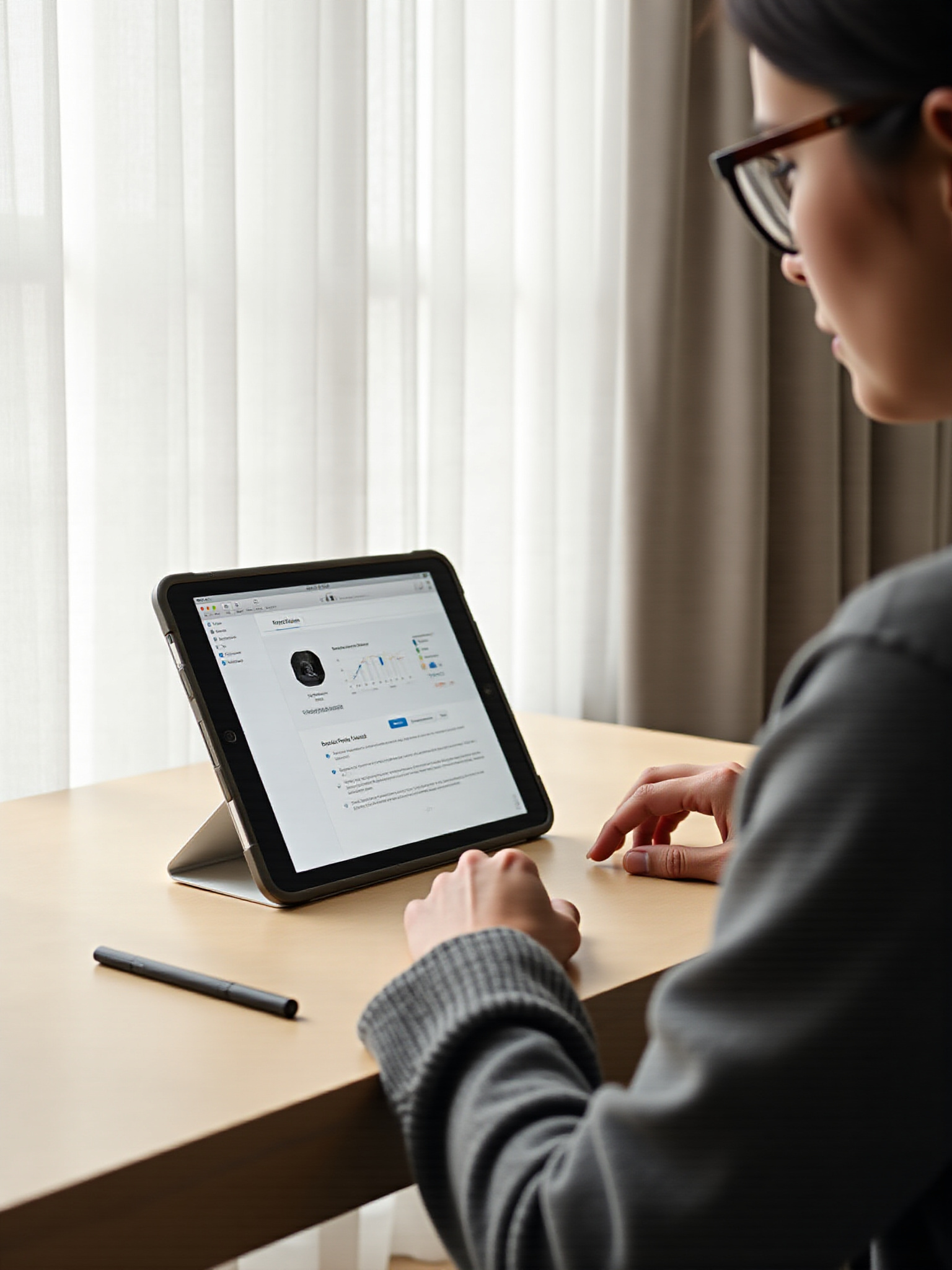
MeetTheScientist:
About Me
Hi, I’m Daniela Domínguez, a first-generation college student and aspiring biomedical professional. I come from a proud Latina family rooted in entrepreneurship, and growing up, I witnessed firsthand the importance of hard work, resilience, and serving others with heart. These values now drive my passion for science and healthcare.
My journey into the biomedical field has been anything but linear, but every twist has made me more committed. What started as simple curiosity, asking “Why?” or “How does that work?”, turned into a serious academic pursuit in biomedical sciences. Over time, I’ve come to realize that science isn’t just about formulas or lab coats; it’s about improving lives, especially in communities that are often overlooked or underserved. I see science as a bridge: a way to connect people to better health and better futures.
Currently, I’m interning with AbbVie Pharmaceuticals in immunology sales, focusing on advanced treatments for chronic illnesses like Crohn’s disease. I’ve had the chance to learn directly from experts, dive deep into disease state education, and apply what I’ve learned in real-world settings. Through this experience, I’ve built not just technical knowledge but also professional skills, communication, independence, and critical thinking.
Beyond the lab or sales field, I’m passionate about holistic health, wellness, and mental health advocacy—especially in the Latinx community. As I move forward in my career, I hope to continue blending scientific insight with empathy to create solutions that make people’s lives better.
Signature Experience
Background:
Crohn’s disease is a chronic autoimmune condition that causes inflammation in the gastrointestinal (GI) tract. Unlike more common GI issues, it isn’t caused by food or lifestyle, it’s rooted in immune dysfunction. The body mistakenly attacks healthy cells in the gut lining, causing painful inflammation and long-term tissue damage.Before medications like Rinvoq, many patients relied on general immune suppressants or steroids. These worked to an extent but came with wide-ranging side effects and inconsistent results. What I found most exciting during my internship is how precision medicine is changing the game.Rinvoq works by targeting a specific pathway in the immune system called Janus kinase (JAK). Think of JAK as a traffic signal inside your cells. In Crohn’s, this signal gets stuck in “go” mode, leading to runaway inflammation. By targeting JAK, Rinvoq helps “turn off” the overreaction, like fixing the faulty wiring that causes a fire alarm to go off for no reason.Through case studies and market training, I learned how doctors weigh treatment options based on a patient's disease severity, treatment history, and even lifestyle preferences. I saw how the right treatment can mean the difference between constant flare-ups and remission. It’s not just about data; it’s about dignity—giving people their lives back.
Resources for IBD and Crohns education:
Breaking Barriers in the Gut: A Look Into Immunology and Crohn’s Disease
Crohn’s disease is more than a stomach ache, it’s a lifelong inflammatory condition that affects every part of a patient’s daily routine, from their physical health to their emotional wellbeing. For many, it means constant pain, fatigue, and dietary restrictions. But what if science could help these individuals live freely again?
As an intern working in the gastroenterology division at AbbVie, I had the opportunity to explore how targeted immunological therapies, like Rinvoq, a JAK inhibitor, are revolutionizing treatment options. This research project helped me understand how cutting-edge science directly connects to human lives.
In this post, I’ll walk you through the big picture: what Crohn’s is, how it impacts people, and how we’re using science to fight back. I’ll also share what I’ve learned about pharmaceutical research, how clinical data translates to real patient outcomes, and why this field gives me so much hope for the future.
Whether you're a fellow science student, a curious reader, or someone touched by this disease, I hope this journey helps you better understand the power of science and the human stories behind it.
Conclusion
Reflecting on this experience, I’ve come to appreciate the vital role that biomedical science plays not just in discovery, but in directly improving lives. Learning about Crohn’s disease and the science behind Rinvoq helped me understand how precision therapies work at the molecular level and how they can dramatically improve quality of life for real people.
One key takeaway is the importance of translating complex science into accessible knowledge. As a future biomedical professional, I’m now more confident in my ability to communicate research findings to both professionals and the public. Another realization was the value of interdisciplinary collaboration, from lab scientists to clinicians to sales teams, everyone plays a role in the success of a therapy.
Moving forward, I want to explore how patient perspectives can be better integrated into drug development and healthcare delivery. While data is critical, so are stories—because science that doesn't serve people isn't complete.
The broader relevance of this research is clear: As autoimmune and chronic inflammatory diseases rise, the need for targeted, patient-friendly therapies is growing. Understanding the science behind these treatments is just the beginning. Advocacy, education, and innovation must follow.
This internship has been more than a career step, it’s been a reminder of why I chose this path in the first place. I’m excited to keep learning, growing, and contributing to the future of medicine.
Methodology
My research and learning process during this internship involved both academic study and professional training. I began by studying the immunological basis of Crohn’s disease, reading peer-reviewed literature and treatment guidelines to build my foundational knowledge. I then completed intensive training modules developed by AbbVie that covered disease state education, drug mechanisms, and patient profiles.The methodology of drug development was explained in phases—preclinical trials, randomized controlled trials, and post-market surveillance. I paid close attention to how each phase is designed to test different things: safety, efficacy, side effects, and long-term outcomes. What stood out to me is how tightly regulated and evidence-based every decision must be—from selecting a patient population to measuring outcomes like endoscopic healing or quality of life scores.In our training, we simulated real-world sales calls where we had to communicate complex science in everyday language. This part of the methodology helped bridge the gap between scientific knowledge and patient-facing communication. I also engaged in team meetings and coaching sessions that emphasized ethical sales practices, medical compliance, and empathy-driven conversations.Rather than just memorizing facts, this experience taught me how to critically assess clinical data, understand unmet medical needs, and see the human behind the chart. That’s a perspective I’ll carry into every future role in biomedical science.
Embedded Links / Citations
Images:
















